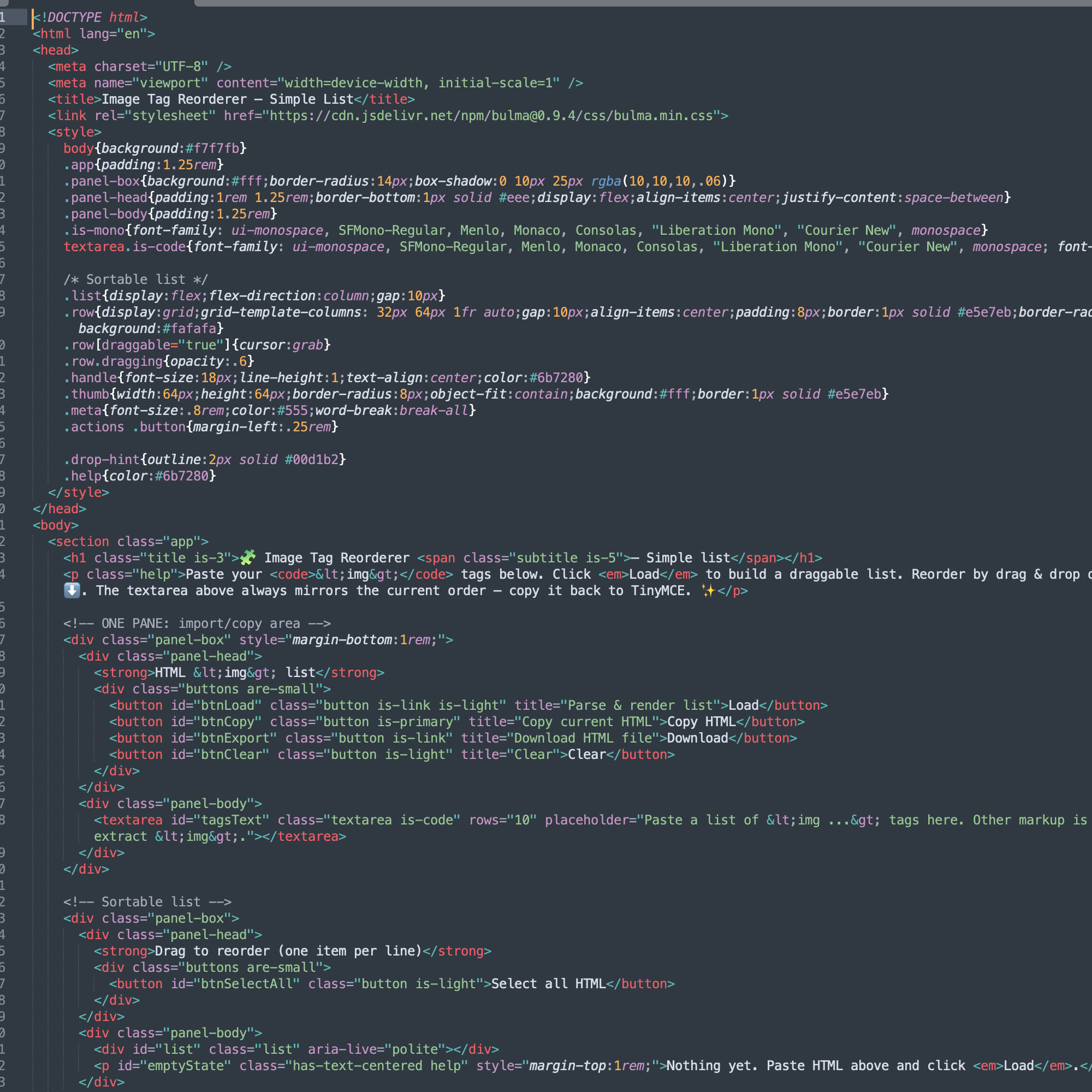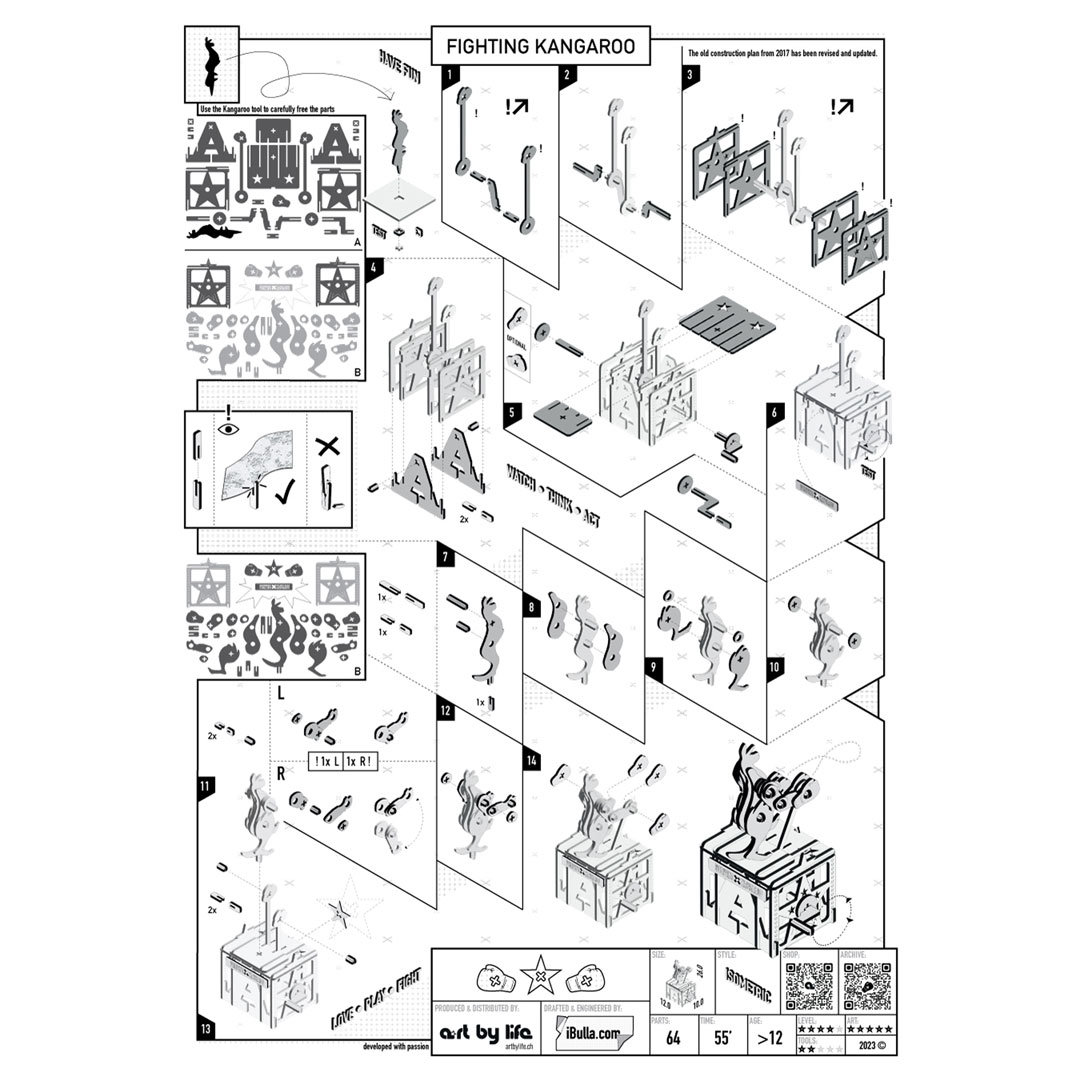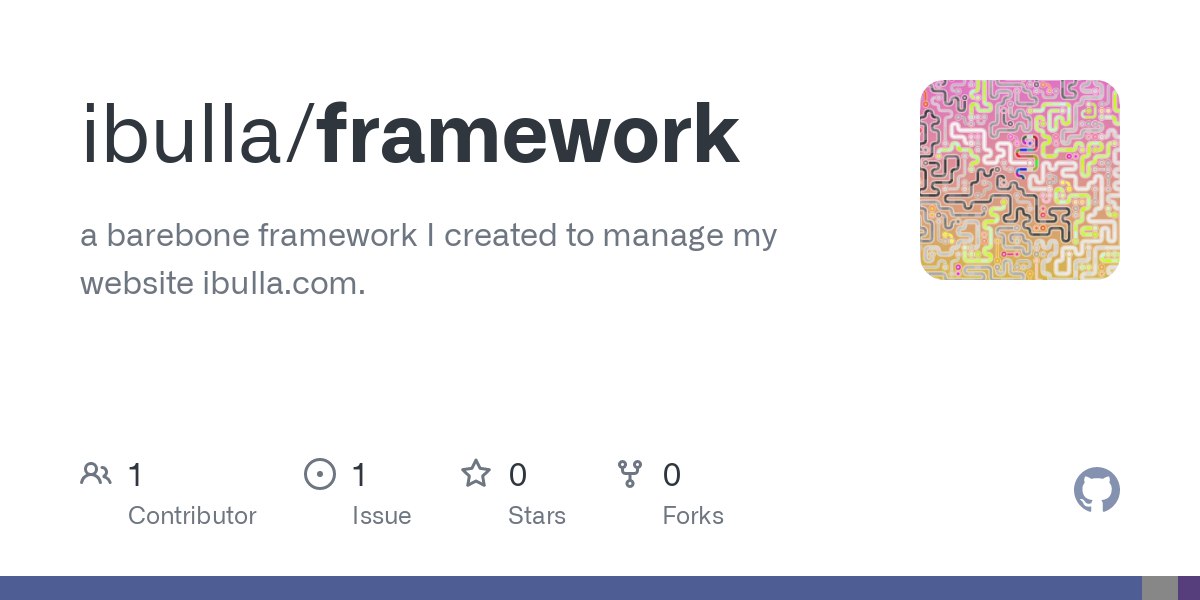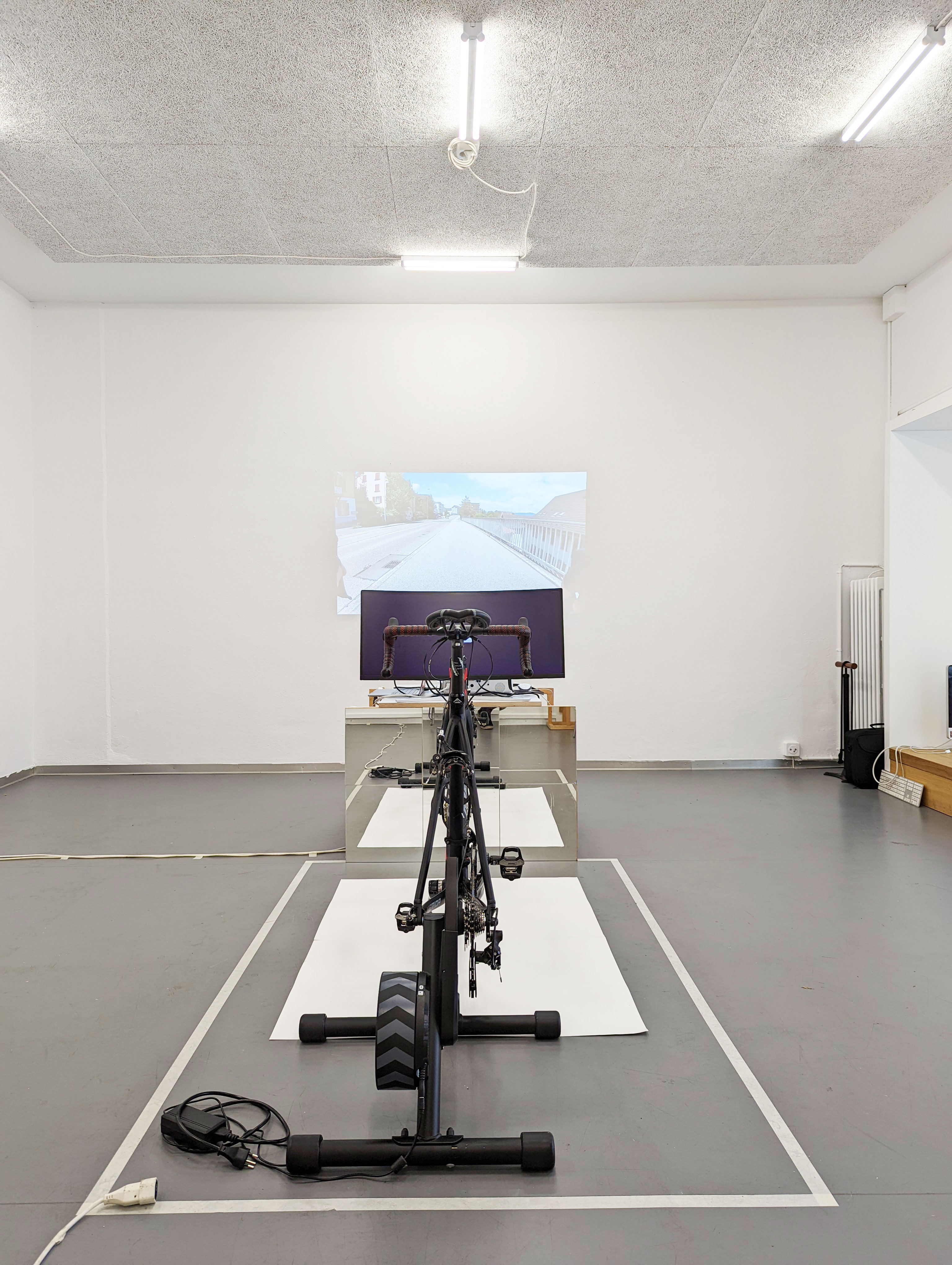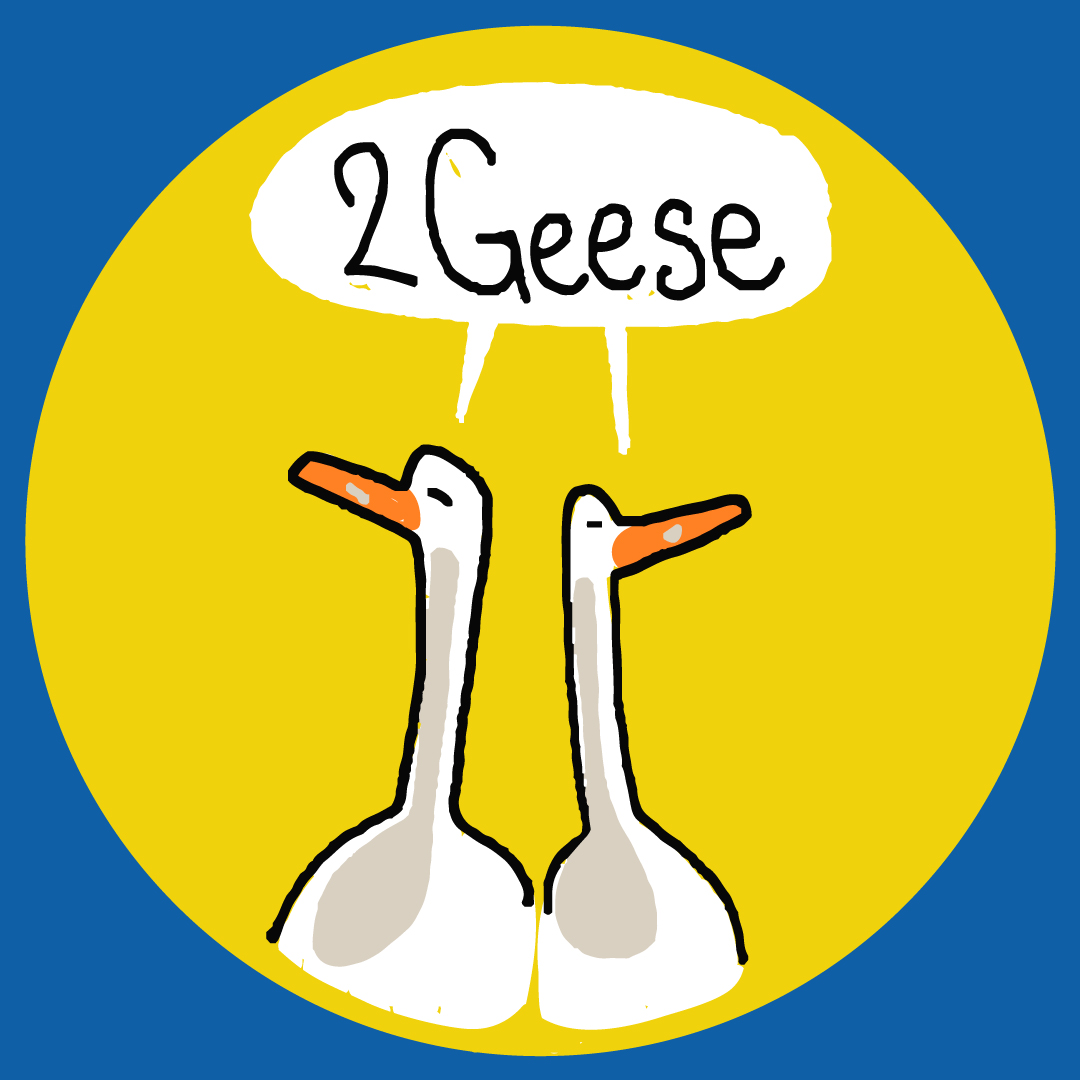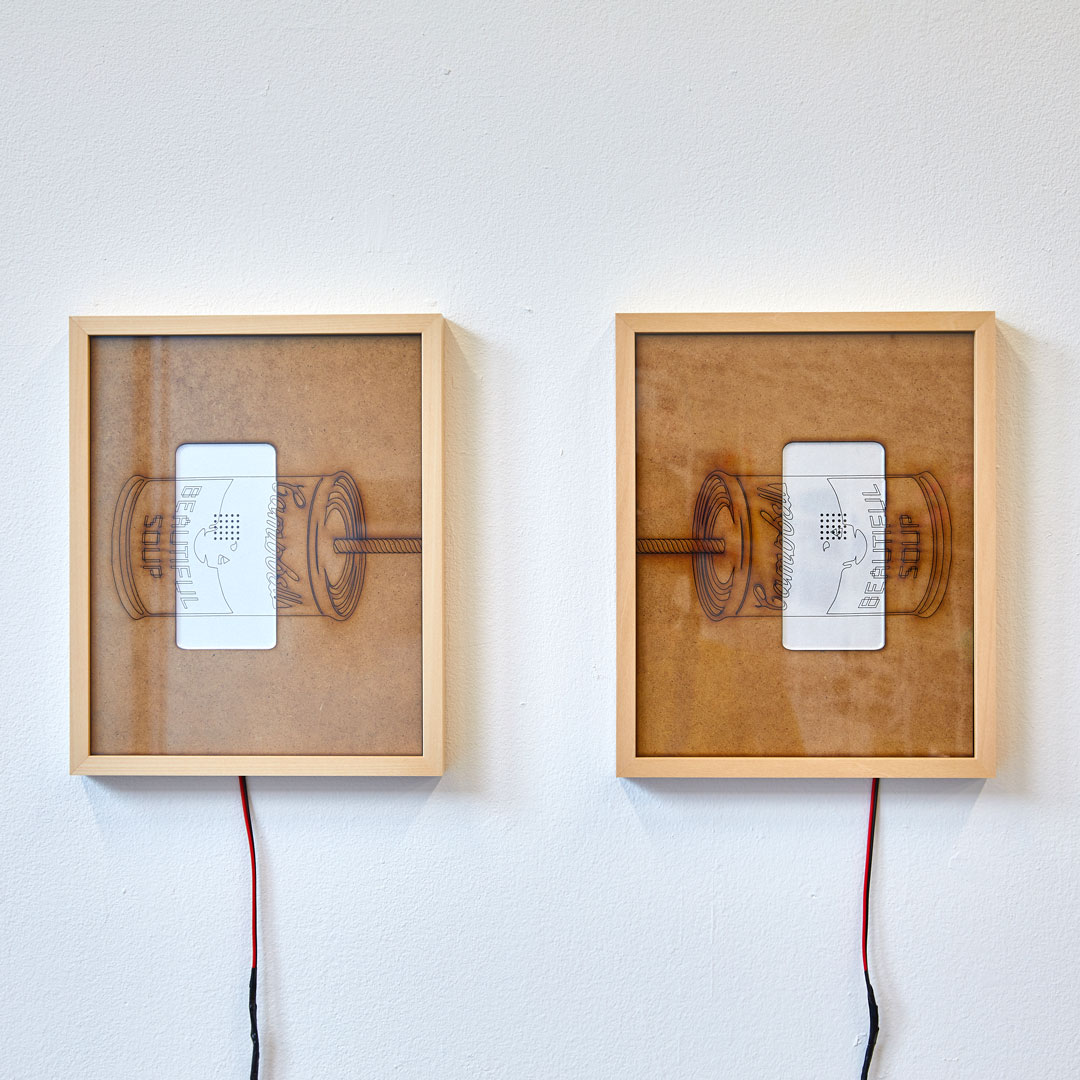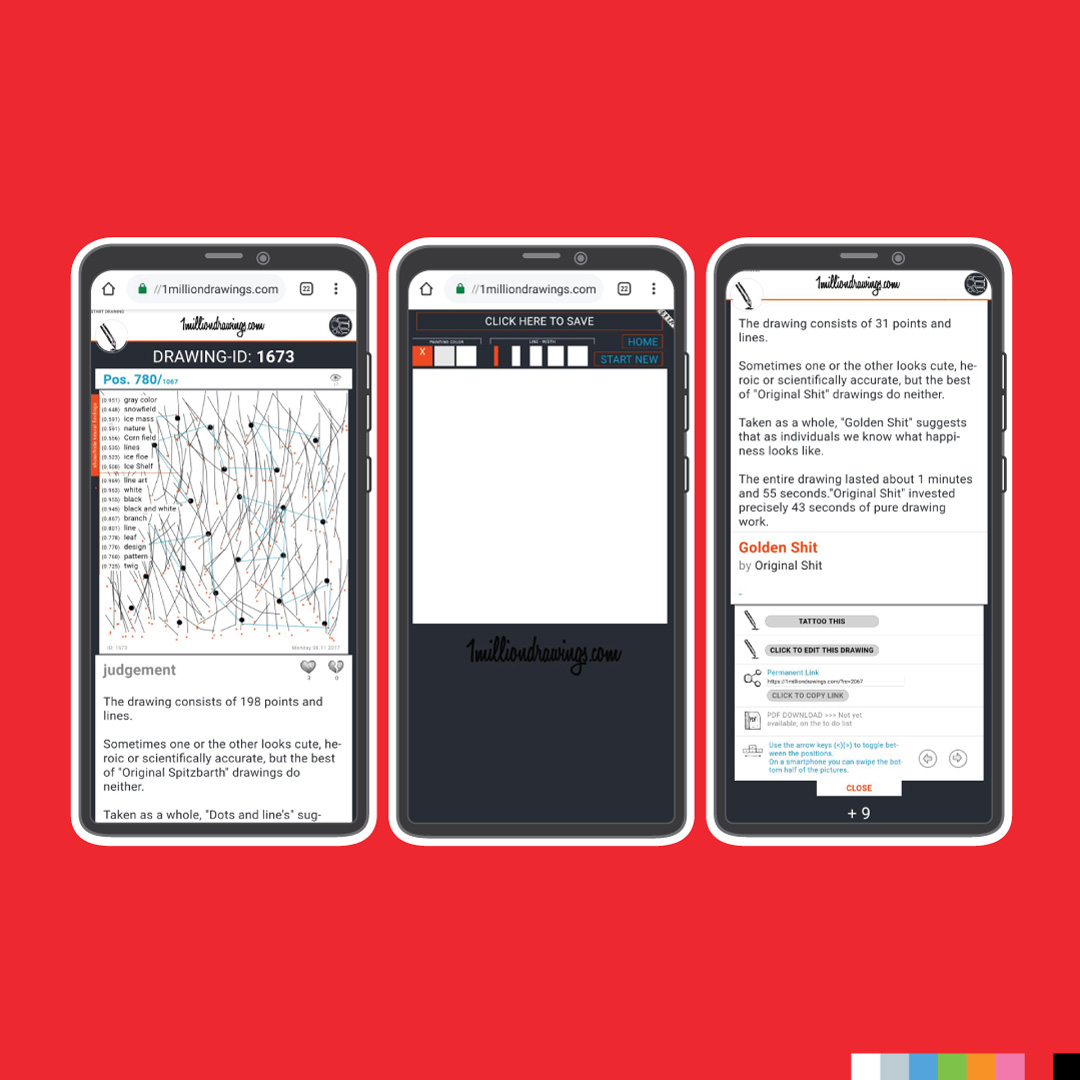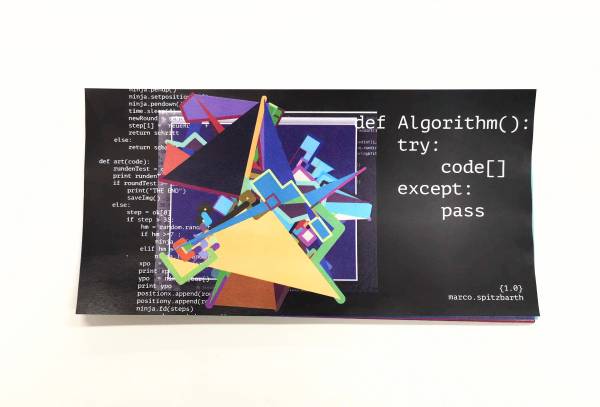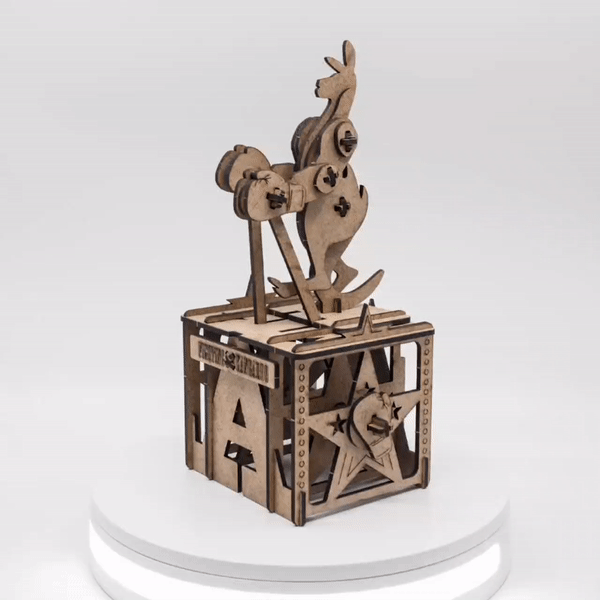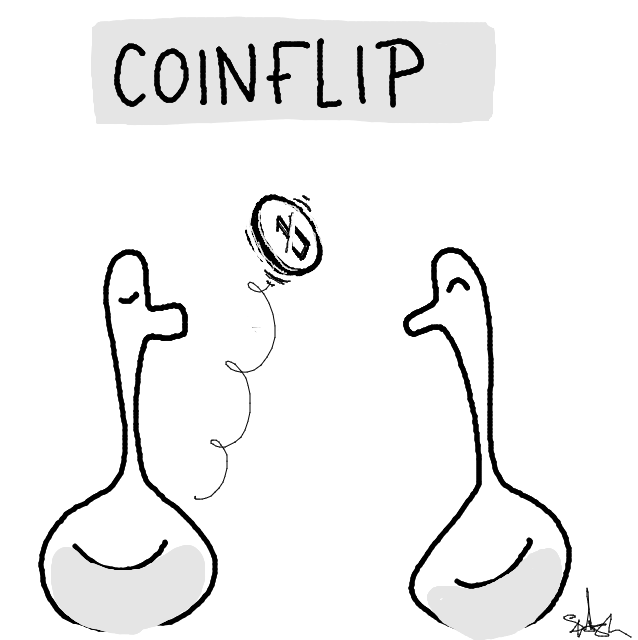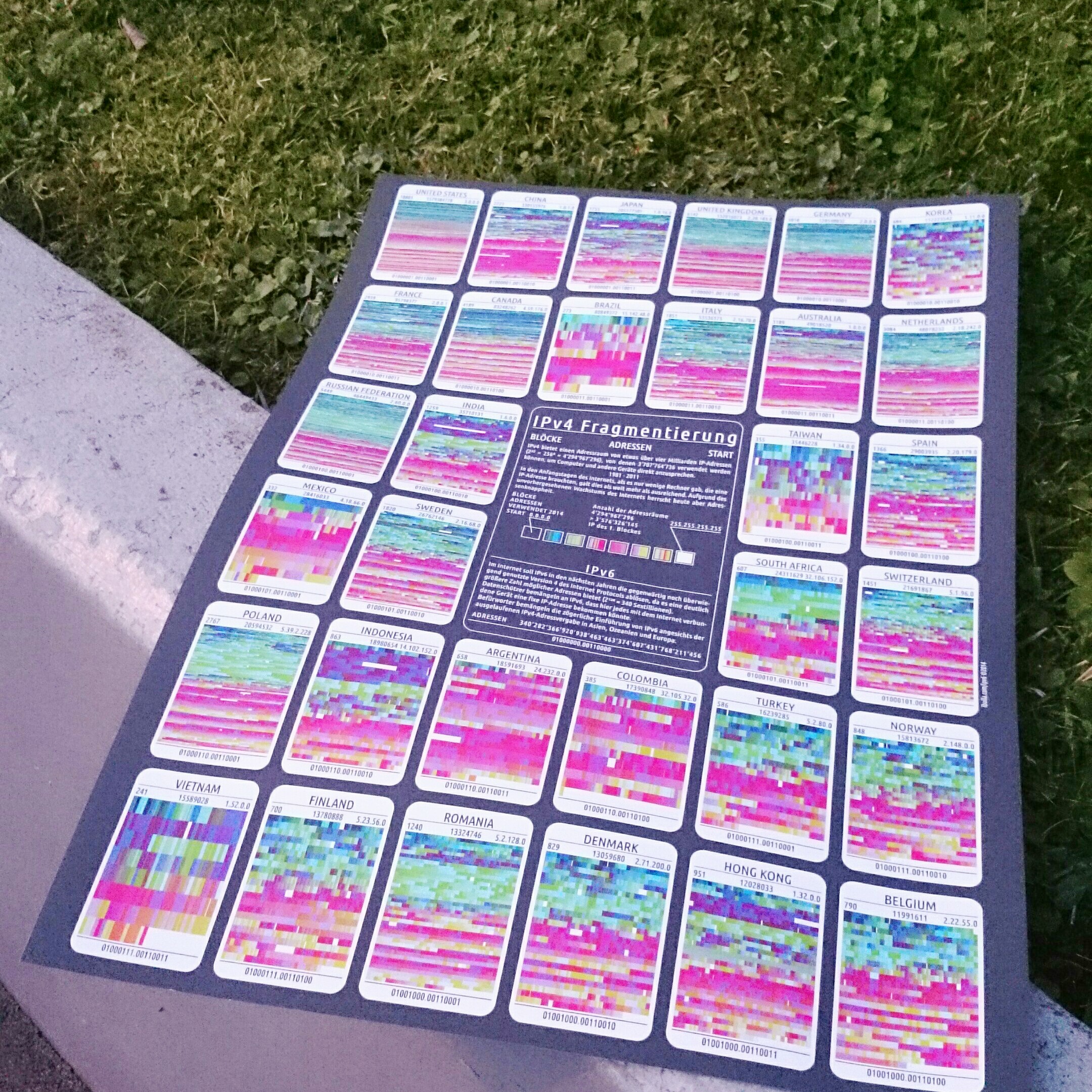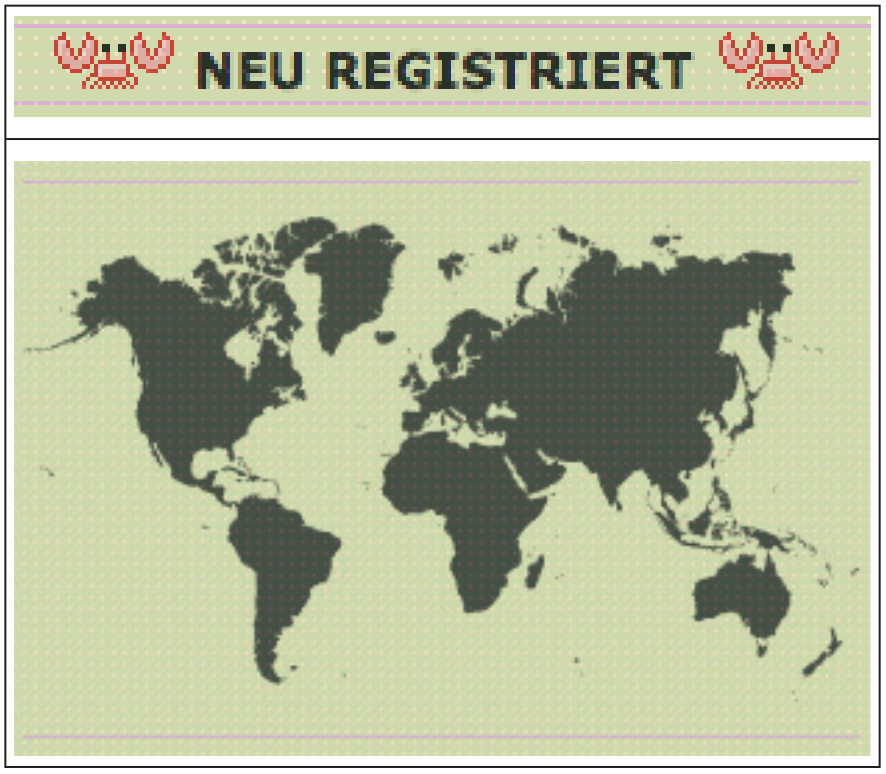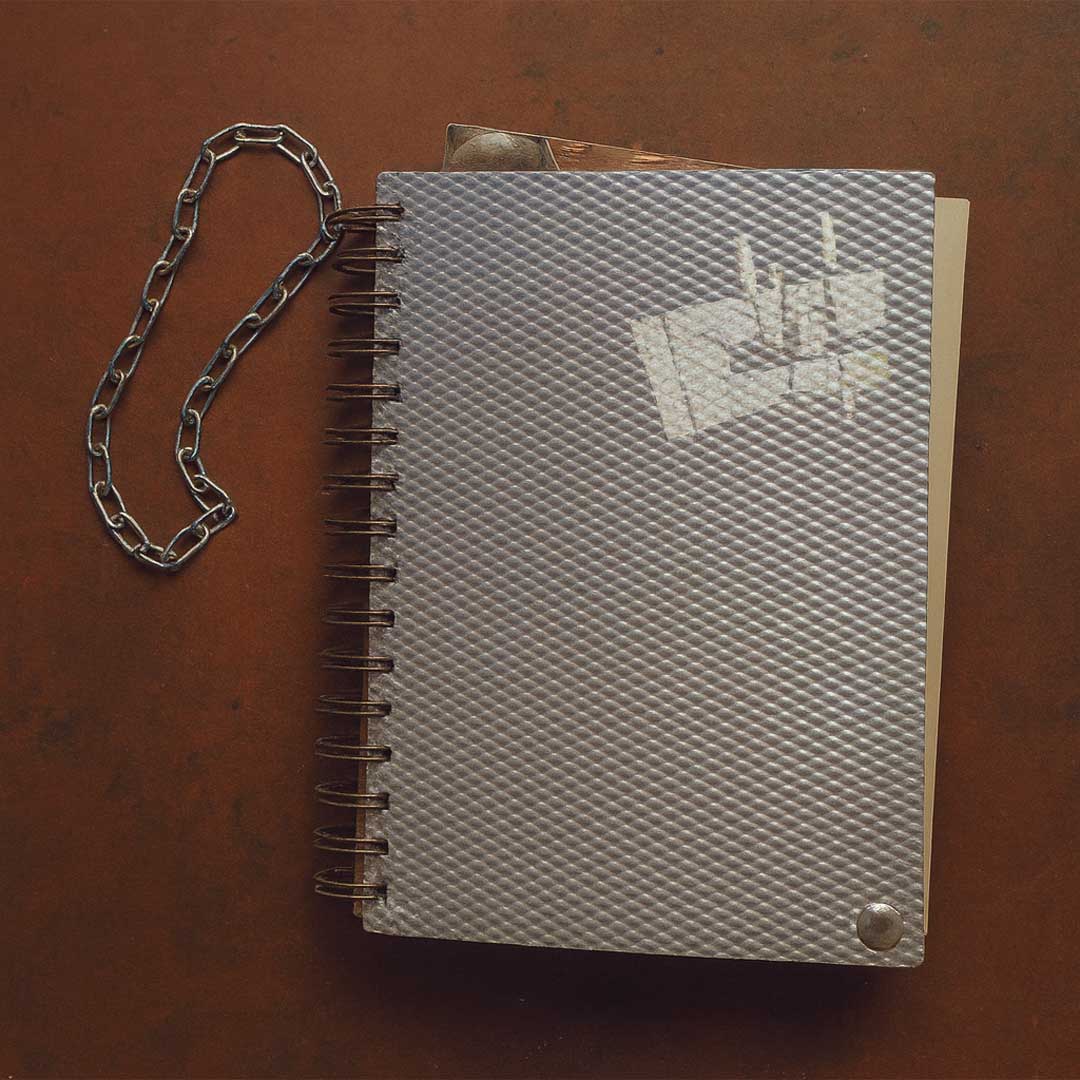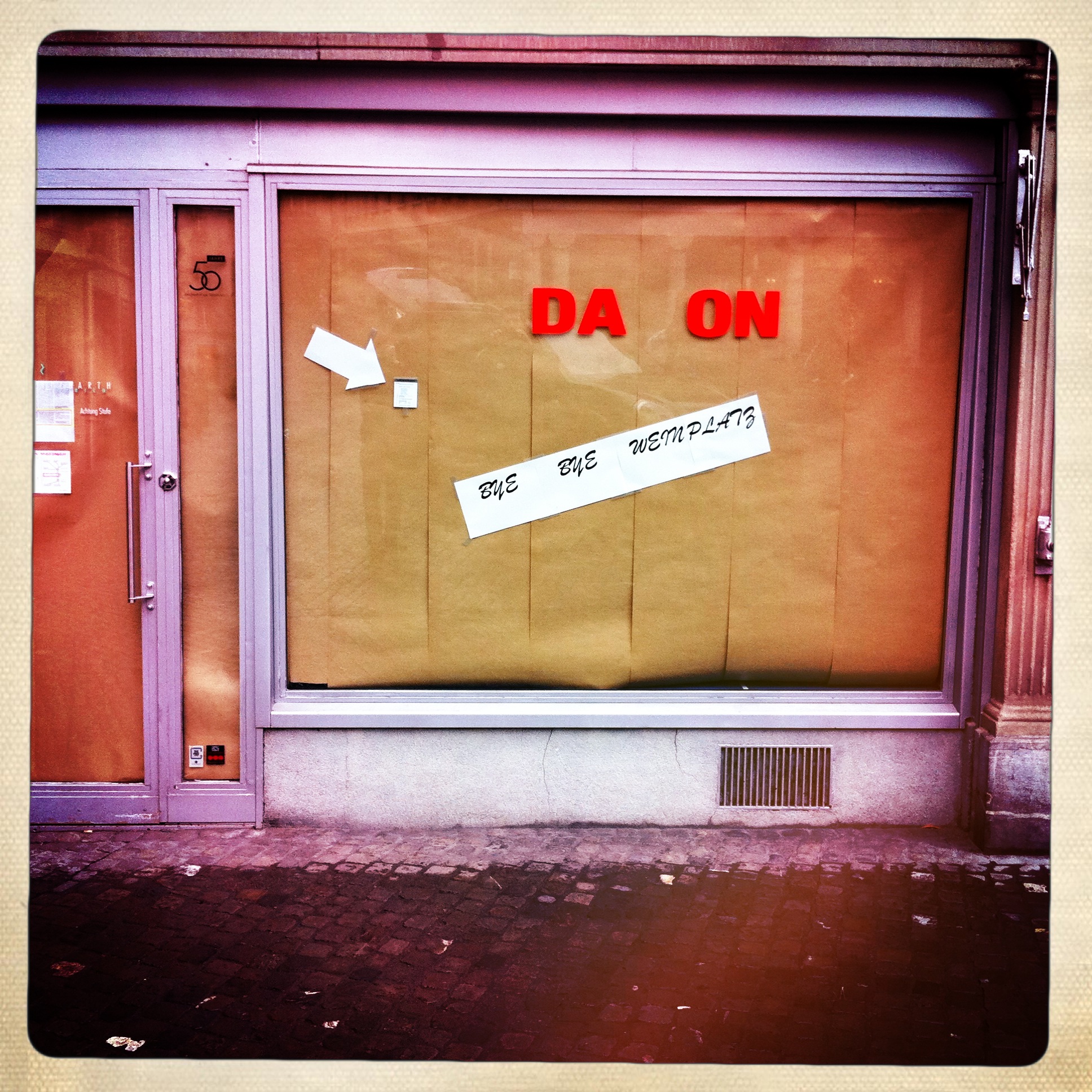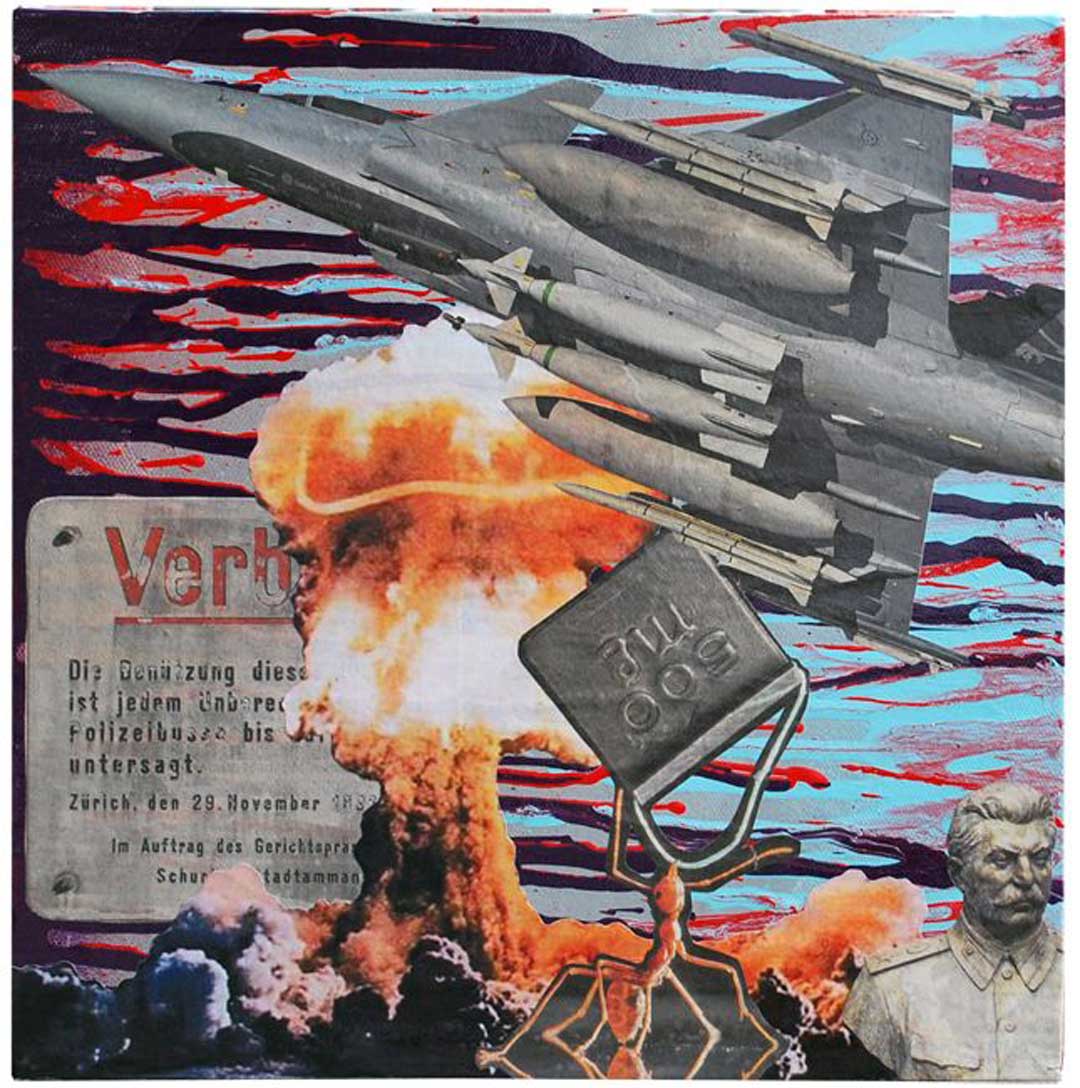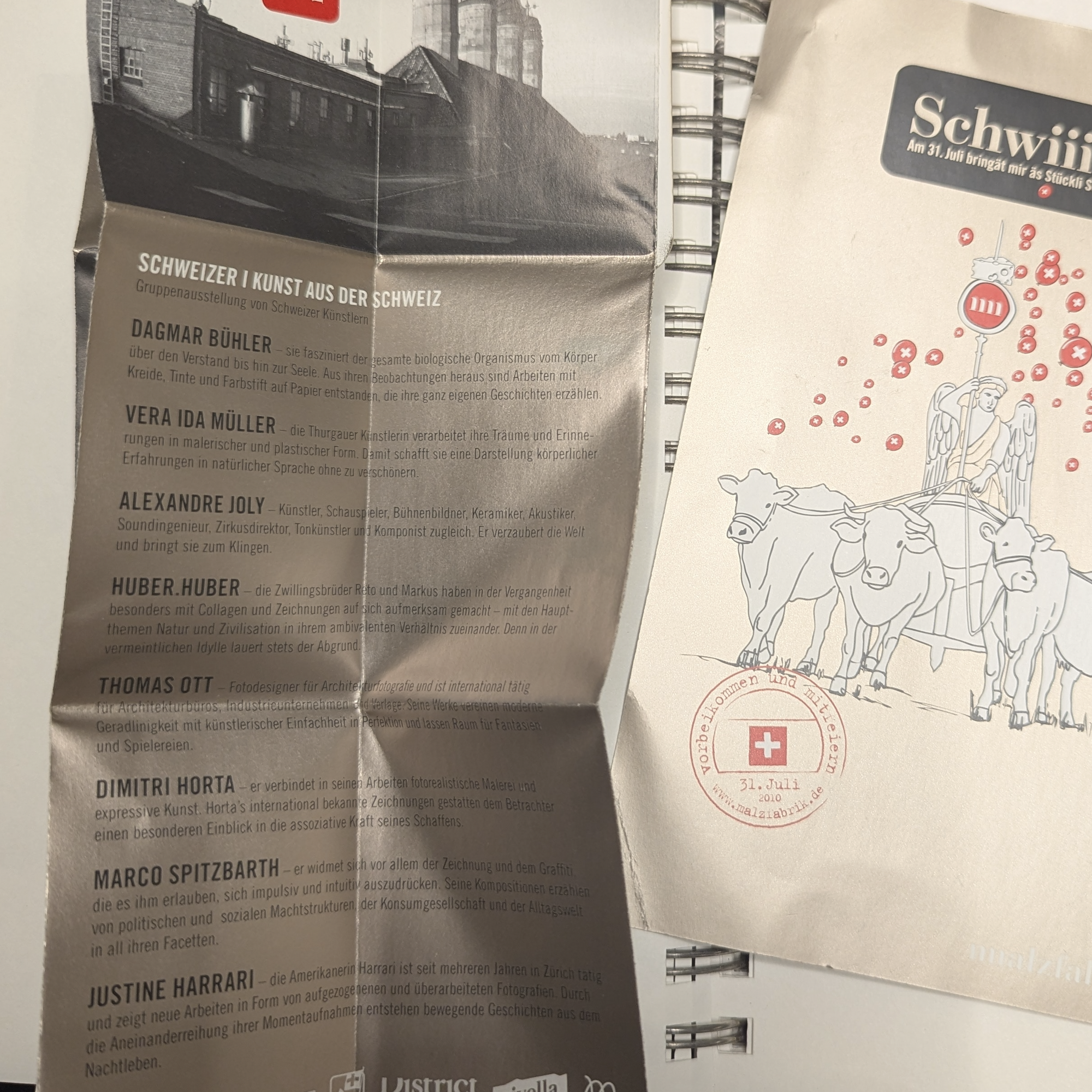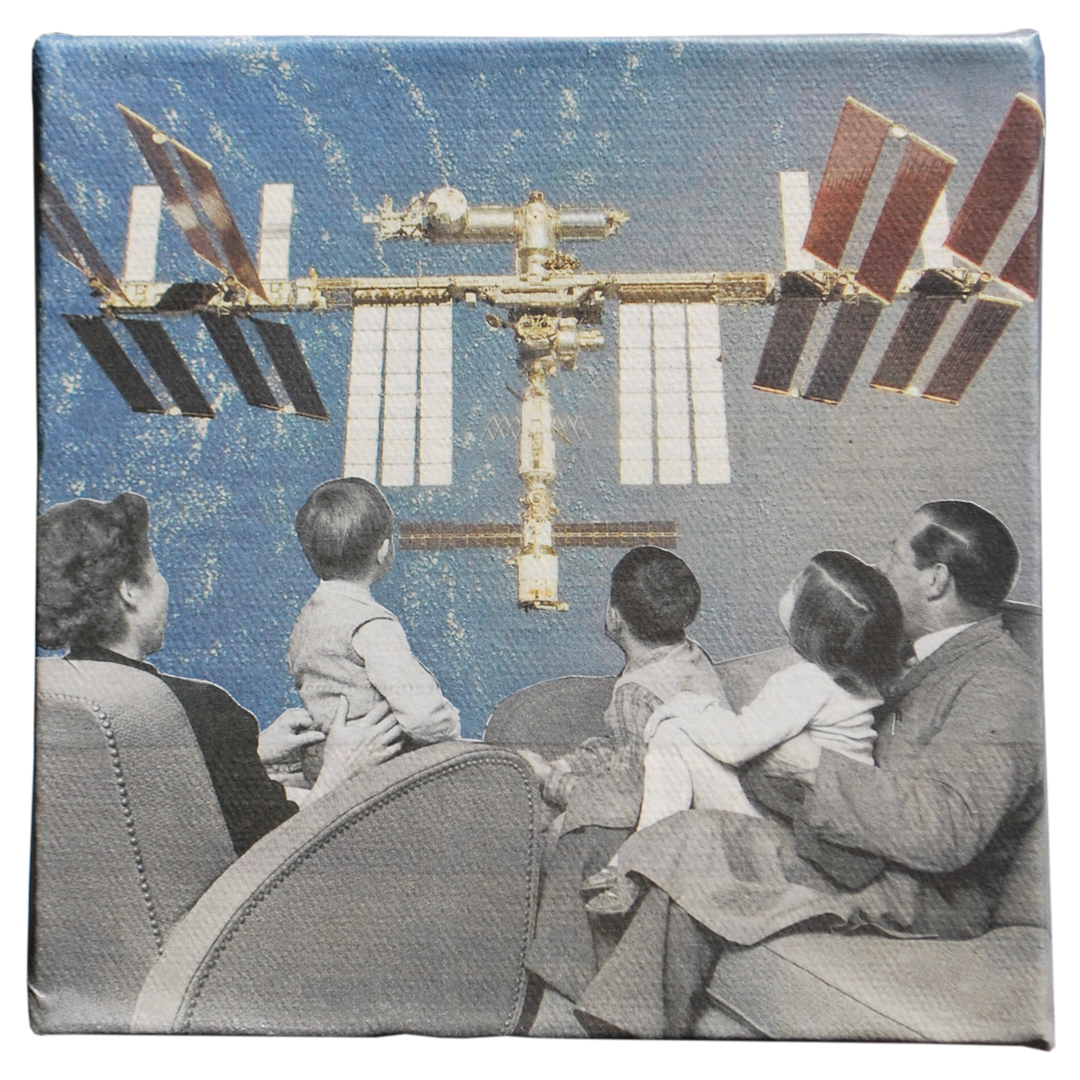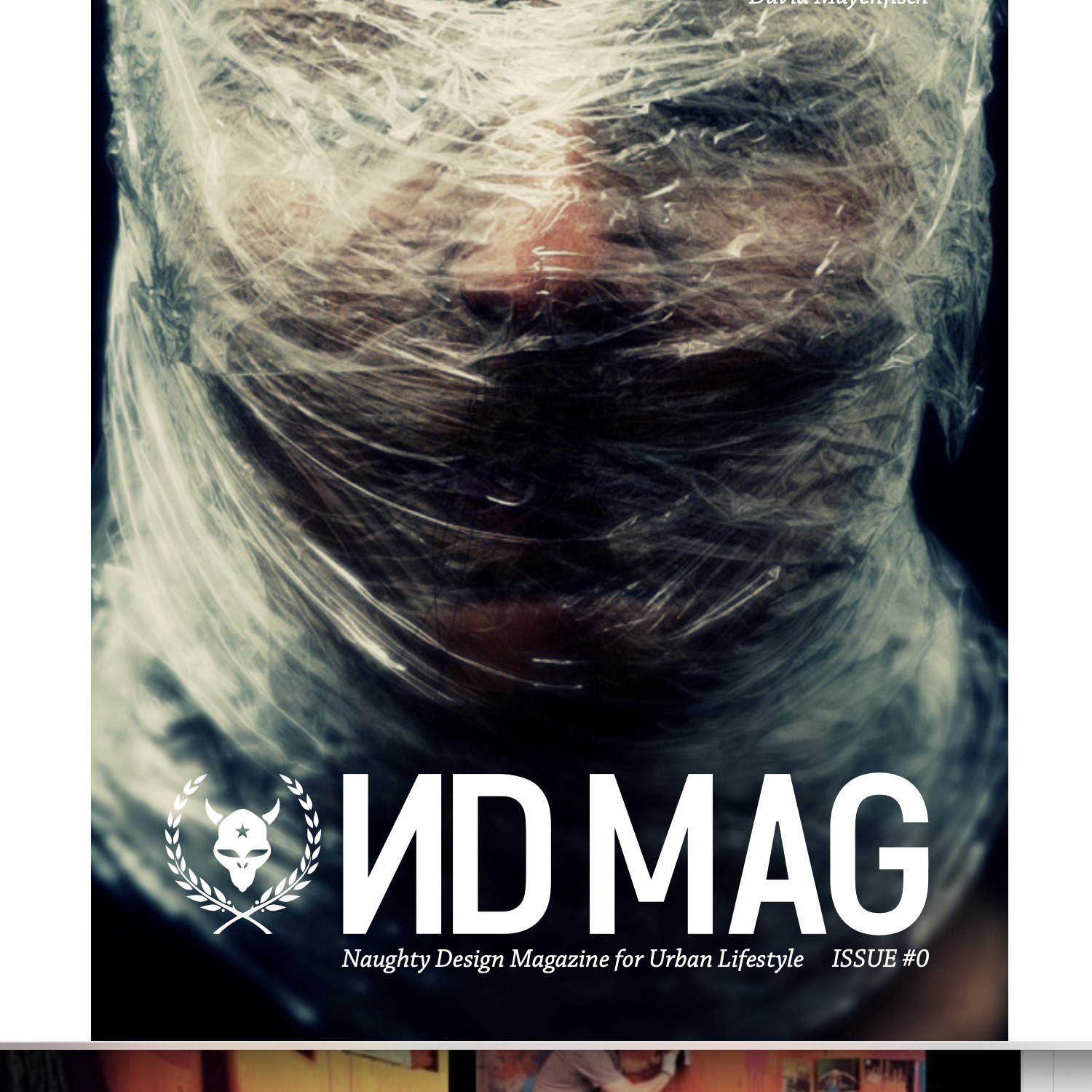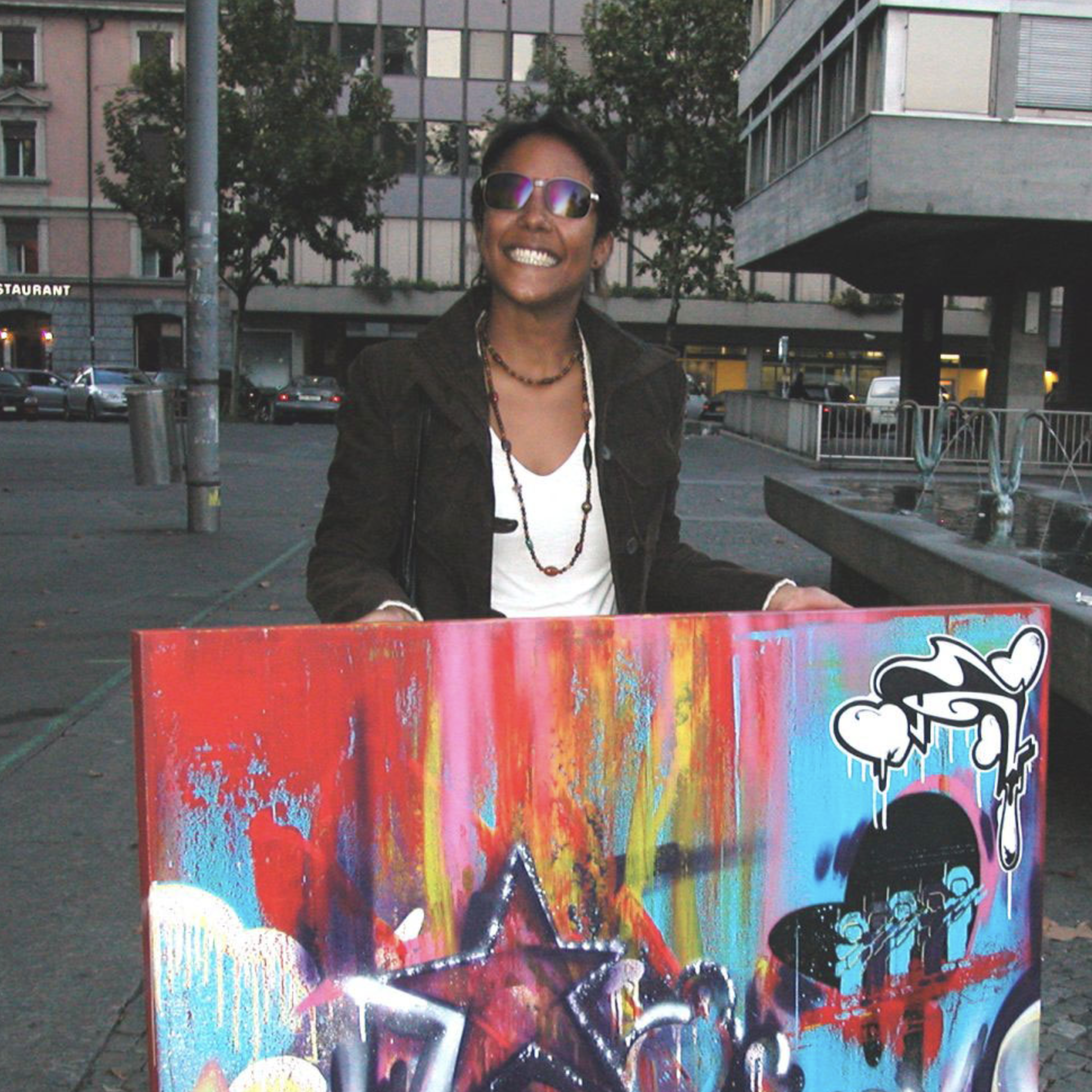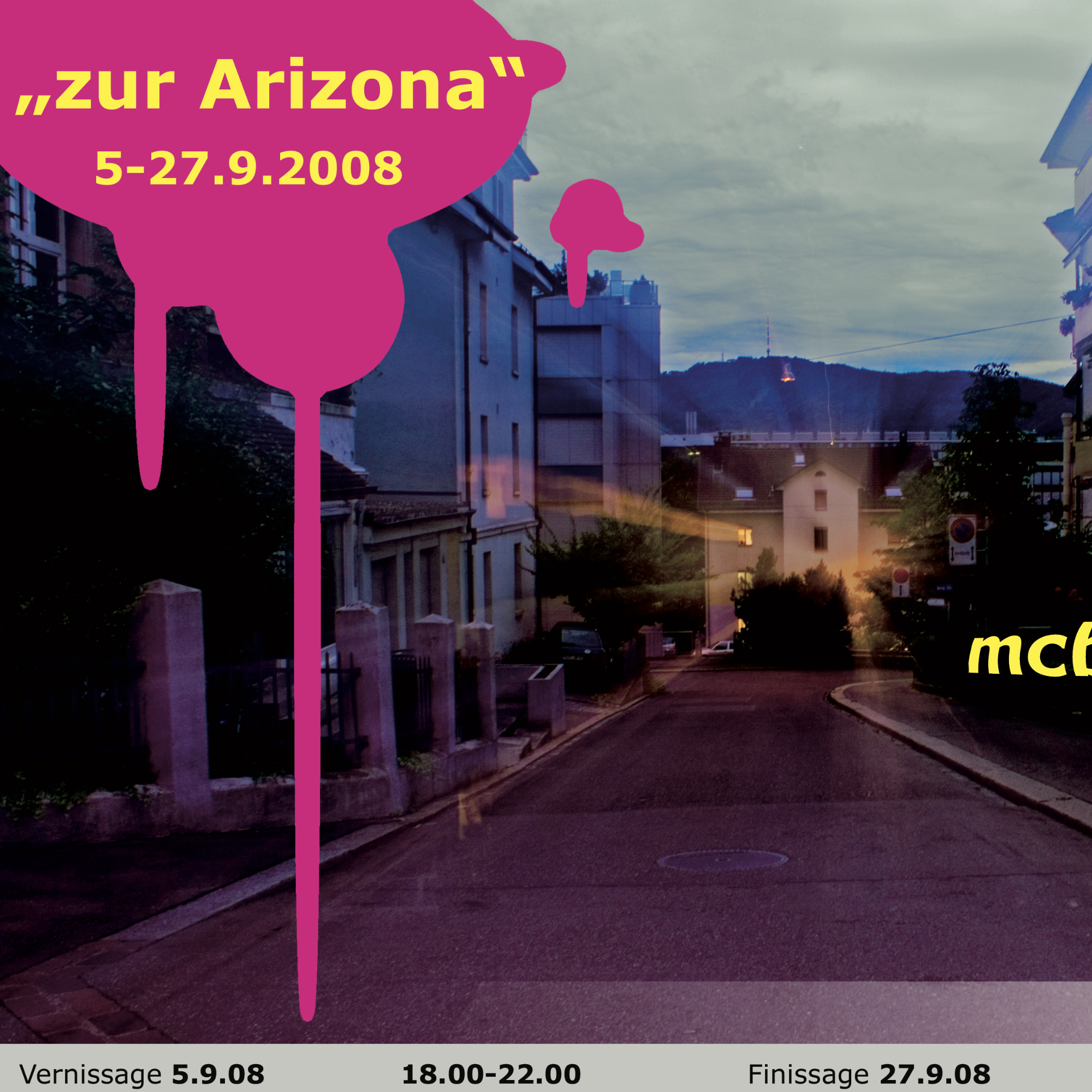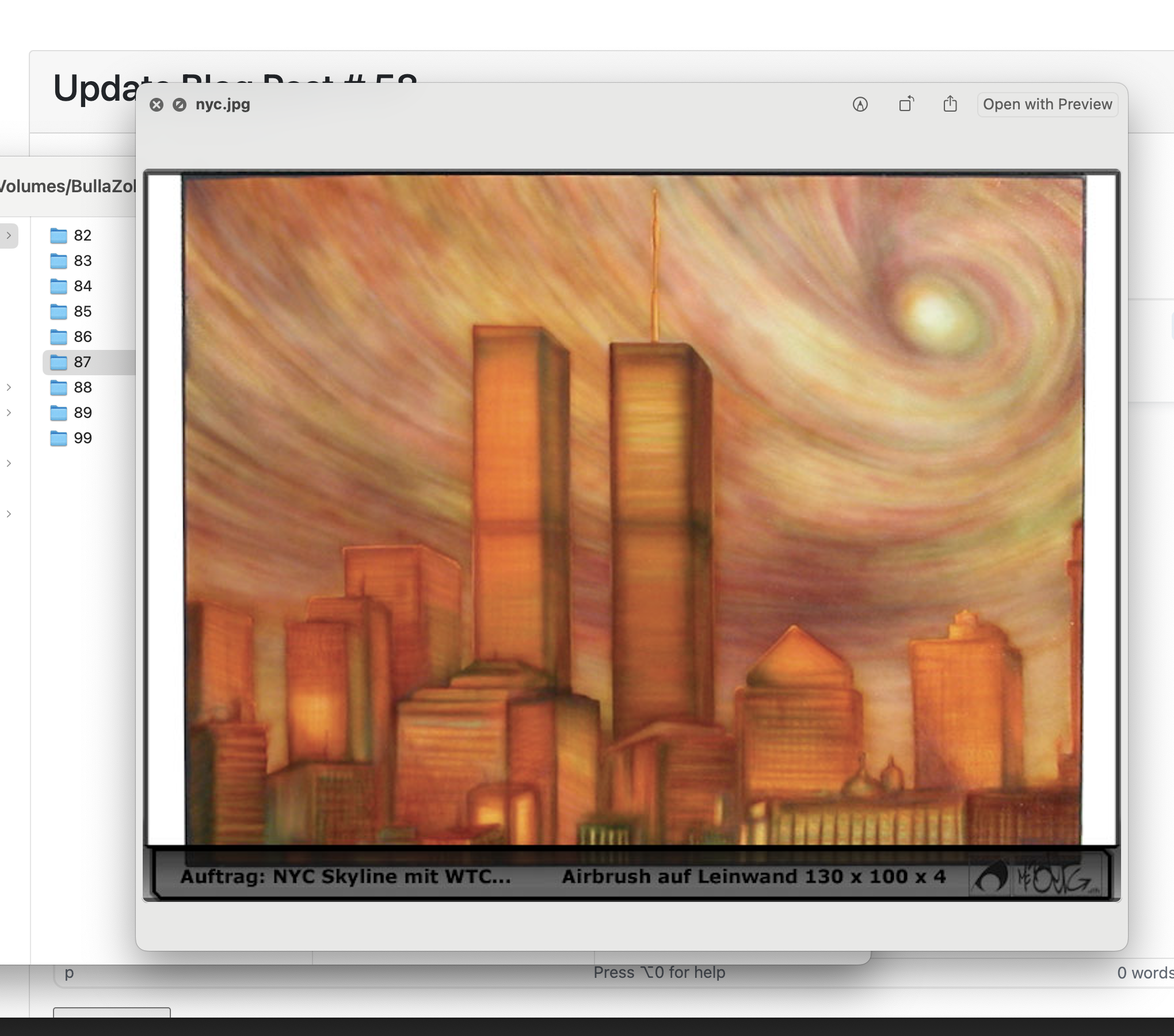UVA
UVA's journey in the deep space
Space stretched and bent, a shimmering veil of stars giving way to the unfamiliar. The three-lobed spacecraft UVA—each section shaped like a smooth, lustrous orb—drifted out of the wormhole with a tremor that shuddered through every deck. It had been on a routine survey of the outer colonies when the wormhole, an unknown cosmic anomaly, erupted out of nowhere and pulled the ship in.
Now, UVA’s three bodies hung in the void like a cluster of celestial grapes, uncertain of the path home.
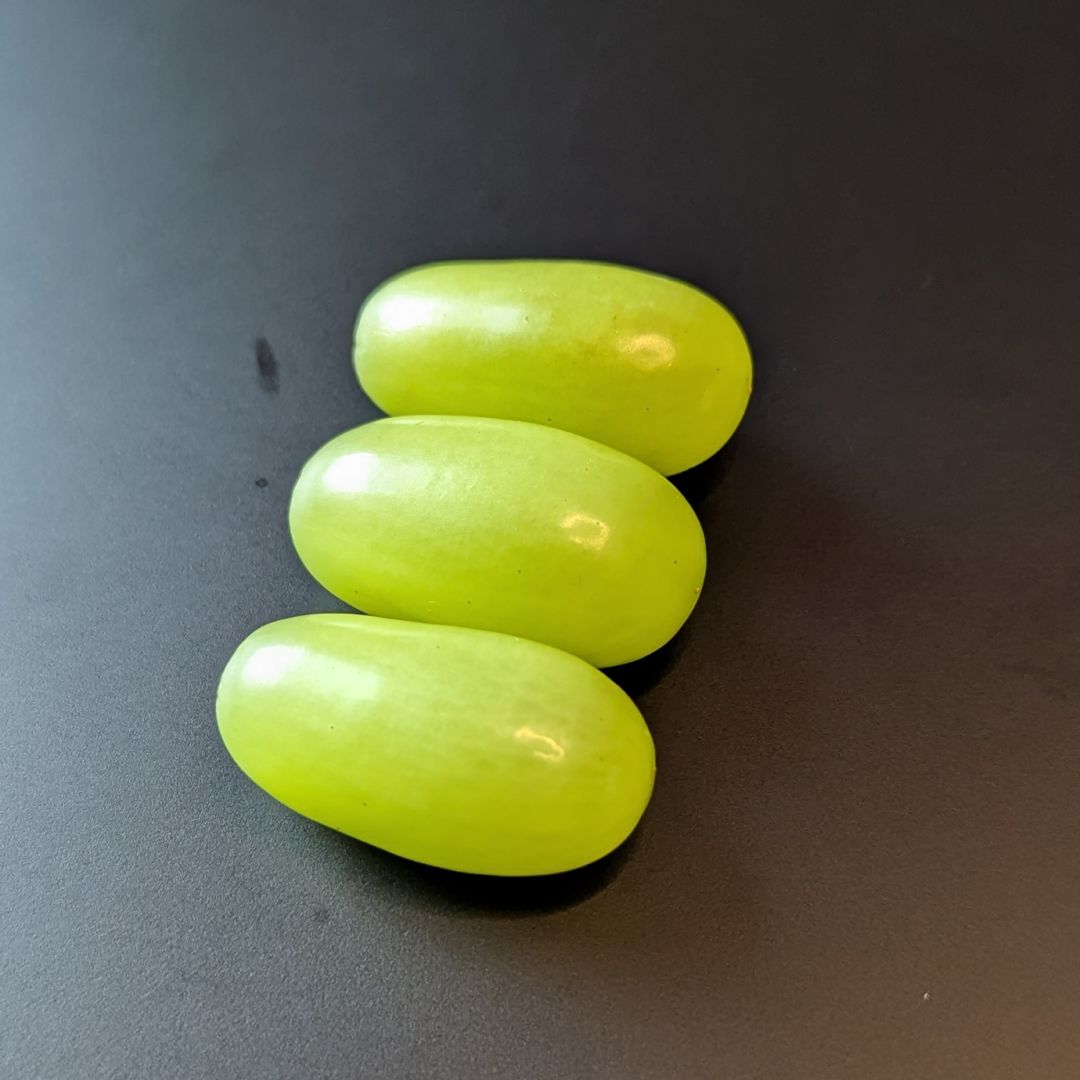
—
“Status report!” Captain Amani’s voice echoed through the mid-deck of the central section, her knuckles white from gripping the command console. Red emergency lights skittered across the walls.
Lieutenant Kiril’s gaze darted over readouts. “Drive core stable, but power reserves are dangerously low. We’re…somewhere outside our mapped sector.”
Behind them, the central orb’s hull made soft clicking noises as if adjusting to the new environment. Meanwhile, in the second and third sections—grape-like spheres docked by magnetic couplings—crewmembers hurried to patch leaks and seal cracks.
“We can separate,” Chief Engineer Viren suggested, sweat staining the collar of his uniform. “If the couplings are damaged, keeping each segment’s systems independent might be safer until we know what we’re dealing with.”
Captain Amani hesitated. UVA was designed to operate both combined and split apart, but rarely had they done so in an unknown region of space. Yet she knew they needed immediate repairs. “Do it. Prepare for separation. We’ll regroup once we’ve assessed the damage.”
A series of mechanical thuds and hisses echoed along the coupling ports. In a carefully choreographed dance, UVA’s three spheres shifted apart, gliding away as though the cluster had gently broken into single fruits.

It took hours for the UVA crew to diagnose the damage: microfractures in the hull, diminished fuel reserves, and a compromised main reactor. Under Chief Viren’s guidance, each section had begun triage repairs.
Curiosity overrode fear as preliminary scans revealed something astonishing: alien signatures, faint and scattered across this uncharted region. Even from the individual pods, the science teams detected unusual energy readings—like echoes of a distant song.
Captain Amani convened her officers via a three-way holographic feed. Her face flickered on each of their respective screens. “We can’t stay here. Our best chance is to find out if the energy readings hold a way back—or at least a source of fuel.”
Piloting one sphere, Lieutenant Kiril charted their best route forward. The plan was to head to the strongest signal, an anomaly shaped like a swirling gate of luminescent gas. “It could be another wormhole,” he theorized, “or the key to bridging the distance back to known space. Or…”
“Or a gateway to something else,” Amani said.
No one dared voice the deeper fear: that they might be stuck in this unknown region forever.
—
Three days later, battered but determined, the UVA modules reconvened. They floated, equidistant, around the swirl of shimmering light. Within that radiant heart, intermittent pulses suggested a rift not unlike the wormhole that had flung them here.
Gently, one by one, the spheres reconnected into their familiar cluster, forming the grape-shaped vessel once more. It was a tense reunion filled with relief, but overshadowed by the gateway that beckoned.
Captain Amani guided the helm from her seat in the newly restored central command. “Ease us forward,” she said softly. “Let’s see if this gate is our ticket home.”
Inside the gate’s swirling light, sensors buzzed with conflicting signals. The UVA’s hull vibrated as cosmic forces tugged at the ship. The swirling phenomenon was partially stabilized, but only just.
“This is going to rattle our teeth,” Viren muttered, rerouting power to the navigational thrusters.
“Better hold on tight,” Kiril warned, steadying the flight path.
Then UVA plunged into the radiance.

The crossing felt like being turned inside out. For a moment, there was only emptiness—a space without stars, a hush within the storm. Then UVA burst into a realm brimming with golden clouds and drifting debris that looked suspiciously like advanced technology.
“The sensors are going crazy,” said Kiril, his voice hushed with awe. Glowing constructs floated in geometric patterns, their shapes reminiscent of shards of a broken planet. Could they be remnants of a once-thriving civilization?
They navigated carefully, searching for any sign of stable path. Suddenly, Captain Amani’s eyes lit up, scanning a faint signal. “I’m picking up a corridor of stable space. It leads…to Laniakea.”
Another gate? Another chance. The tension in the command deck was palpable. Everyone could sense it: they were close to unlocking a route back to known coordinates. And if not, it was at least a place to regroup and try again.
Time in this new dimension stretched. Strange silhouettes drifted past the portholes, remnants of a lost era, or watchers in the mist. The UVA—rejoined in one piece—pressed forward with the hope of home.

In the final approach, the swirling corridor began to collapse, threatening to trap them. With a shout, Kiril pushed the thrusters to their limit, and Chief Viren rerouted life support power to keep the engines stable. They shot through the shrinking gateway.
The deck lurched. Lights flickered. Then, almost gently, UVA emerged under a familiar star-strewn sky. Planetary beacons winked in the distance. They had done it—they had stumbled back into a region of mapped space. Home lay within their sensor range.
A sigh of relief swept the crew. Haggard but hopeful, they began the final leg of the journey. Their grape-shaped ship—an odd but resilient design—had survived unimaginable distances and uncharted anomalies. And though battered, it was whole once more, its three modules joined in triumph.

In the observation deck, Captain Amani gazed out at the starfields she knew so well.
“We made it,” Captain Amani murmured, turning to her crew with a tired but triumphant grin. “But we’ve seen there is far more to this universe than we ever suspected. Let’s bring this knowledge home. And next time we set out…we’ll be ready.”
A sudden alert from the sensor station pierced the hush. “Captain,” Lieutenant Kiril said, his voice taut with excitement and confusion. “I’m picking up a familiar star system on the scanners—but there’s no radio contact at all. And the star patterns…they don’t match our timeline. It’s like we’ve slipped into another time dimension —or parallel universe altogether.”
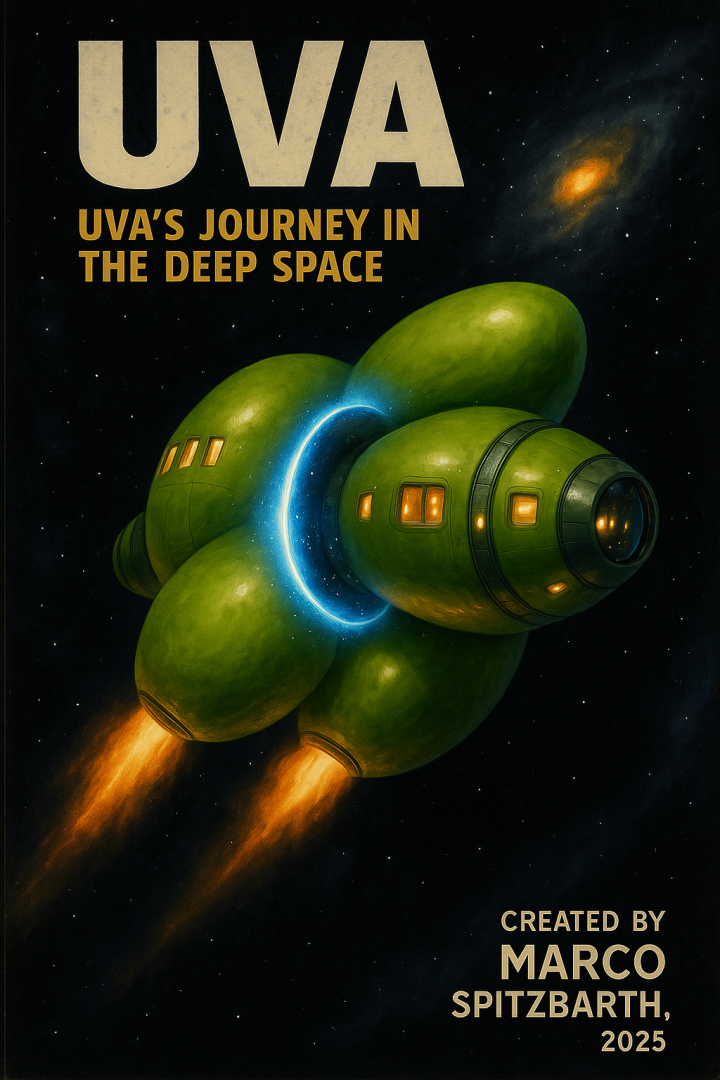
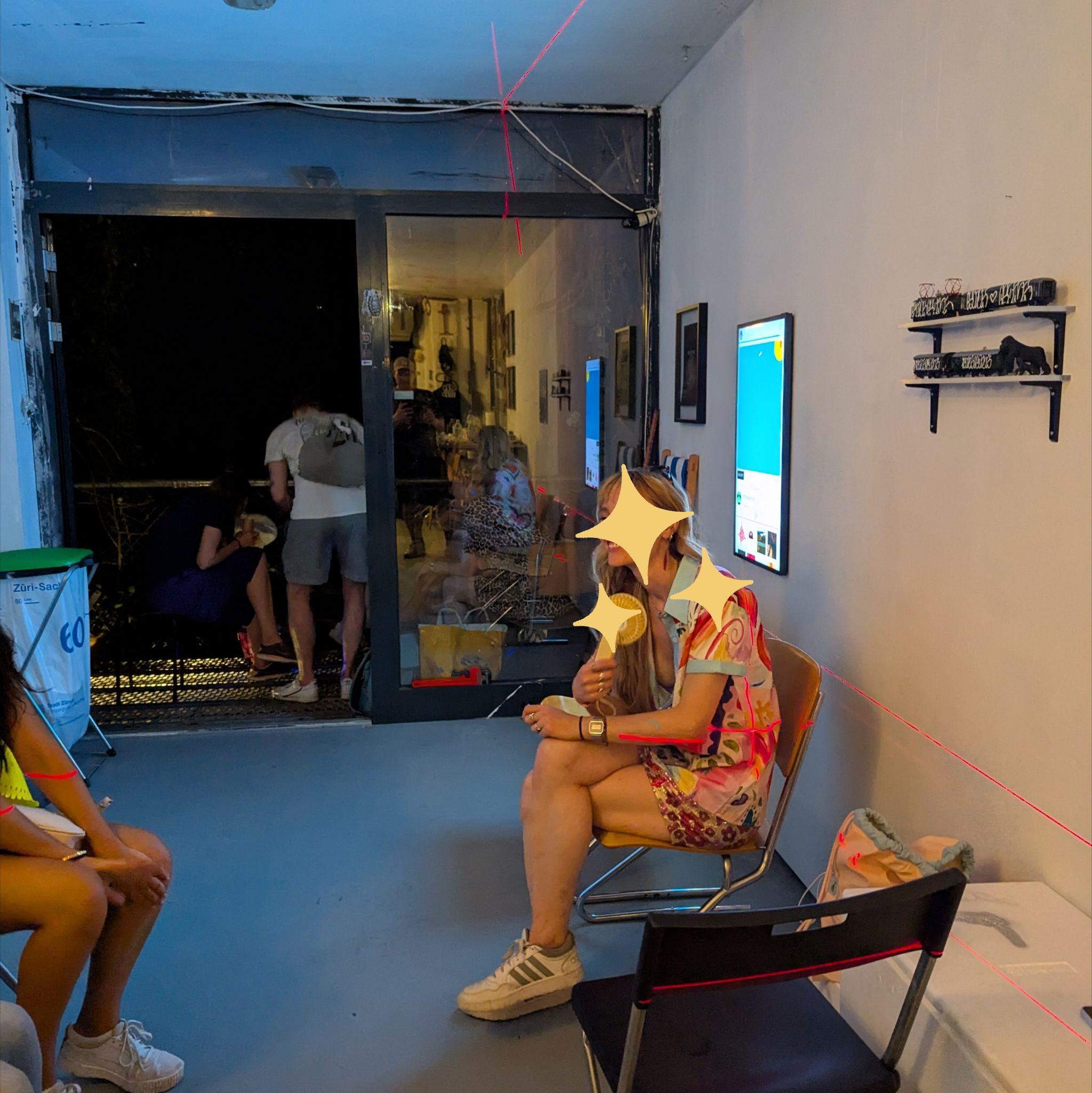
2025 | OpenHouse25
Marco Spitzbarth zeigt aktuelle Arbeiten seines „künstlerischen Labors“ und lädt Besucher:innen abseits der Führungen ein, Teil seines Schaffensraums zu werden.
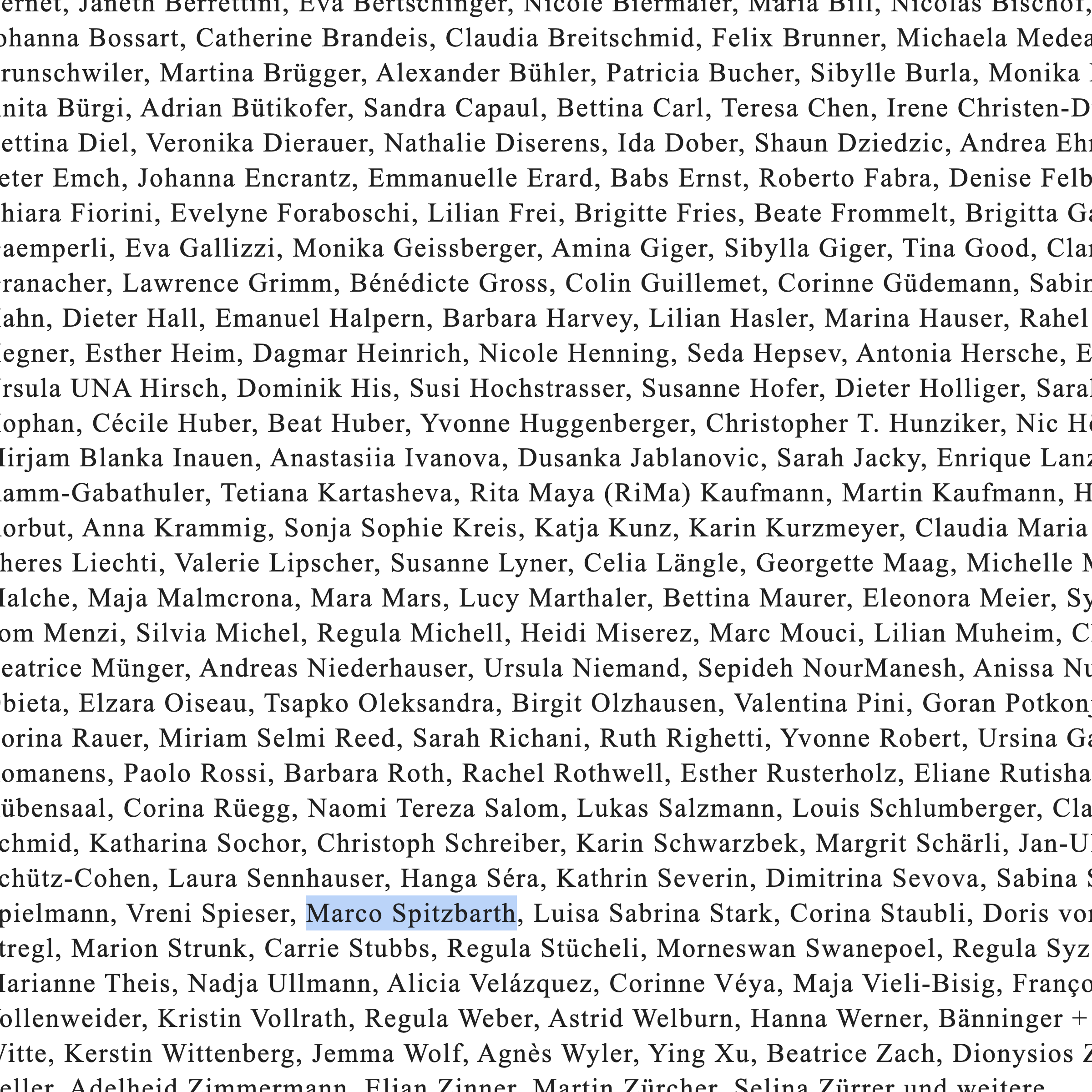
2025 | Einsichten25
Über 220 Mitglieder der Visarte Zürich zeigen ihre aktuellen Werke an der diesjährigen Jahresausstellung.
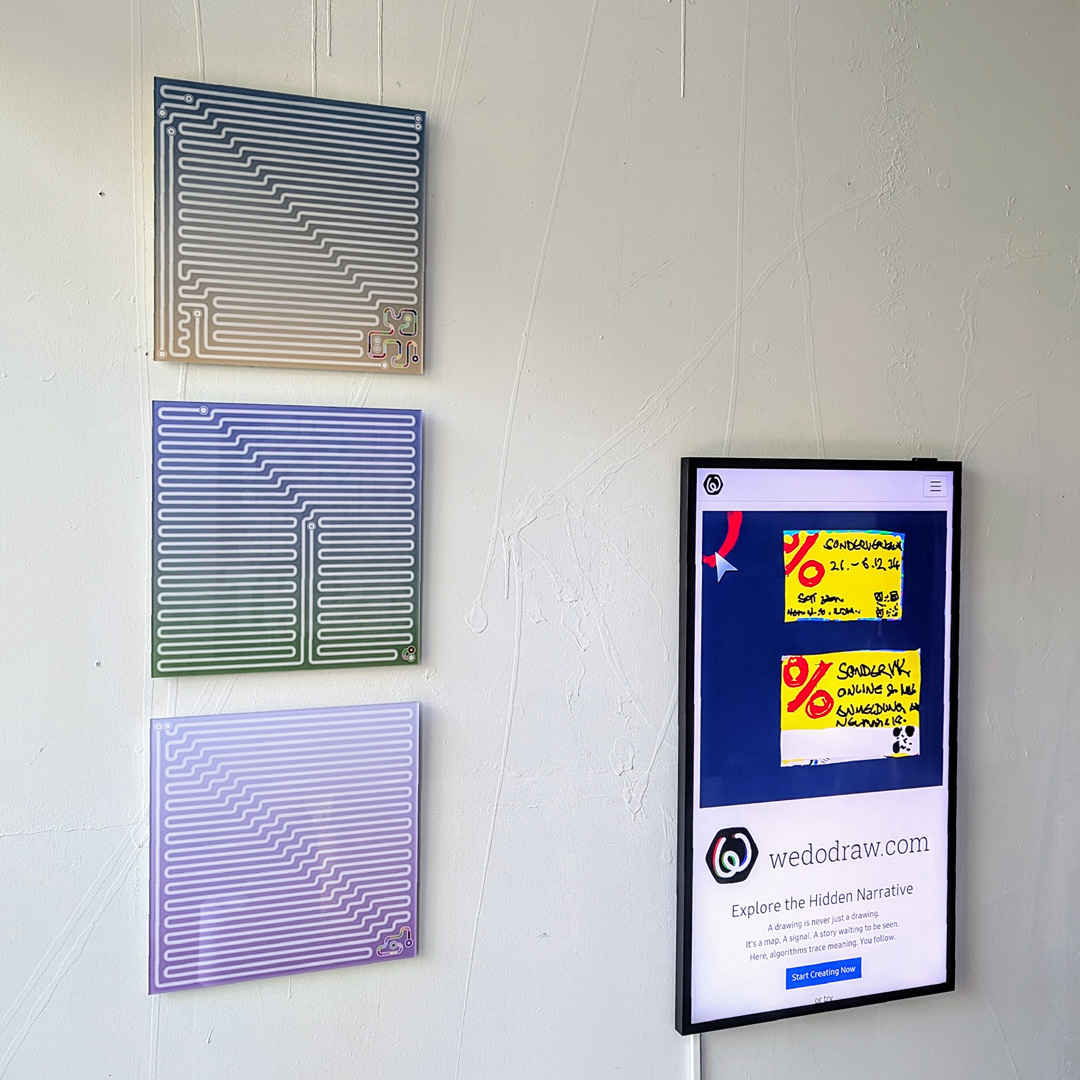
2025 | Subroutines
Subroutines transforms algorithmic decision-making into visual form. Each print captures an environment shaped by countless micro-choices — and by a colored “agent”. Like in life, a single anomaly can ripple outward, rewriting the system it inhabits.

2025 | FoxP2
Offener, einphasiger Kunst-am-Bau-Wettbewerb, Humboldt Forum - zeitgenössische Fassade am Nordgiebel

2025 | Sun Never Born
A meditation on the threshold between nature and synthesis—where the promise of a sun, yet to rise, lingers in the quiet code of creation.

2025 | Resonate Tissue
An immersive installation that explores the interplay between organic forms and digital echoes. By merging tactile materials with sensor-driven feedback, “Resonate Tissue” invites viewers to reflect on the fluid boundaries between the physical body and technological resonance, underscoring our evolving relationship with the living and the virtual.

2025 | WeDoDraw
Explore the Hidden Narrative A drawing is never just a drawing. It’s a map. A signal. A story unfolding stroke by stroke. On wedodraw.com, algorithms reveal patterns. You create, watch, and discover.

2024 | Mobile Resistance
The work transforms rigid reinforcing bars into mobile sculptures that traverse the urban space and challenge physical and metaphorical barriers through their precarious, adaptable presence.

2023 | Op3nDays
A series of talks and demonstrations organized to highlight the integration of “wedodraw” with a GRBL-driven machine. The event showcased creative drawing workflows, bridging open-source technology and artistic experimentation in a live, interactive setting.
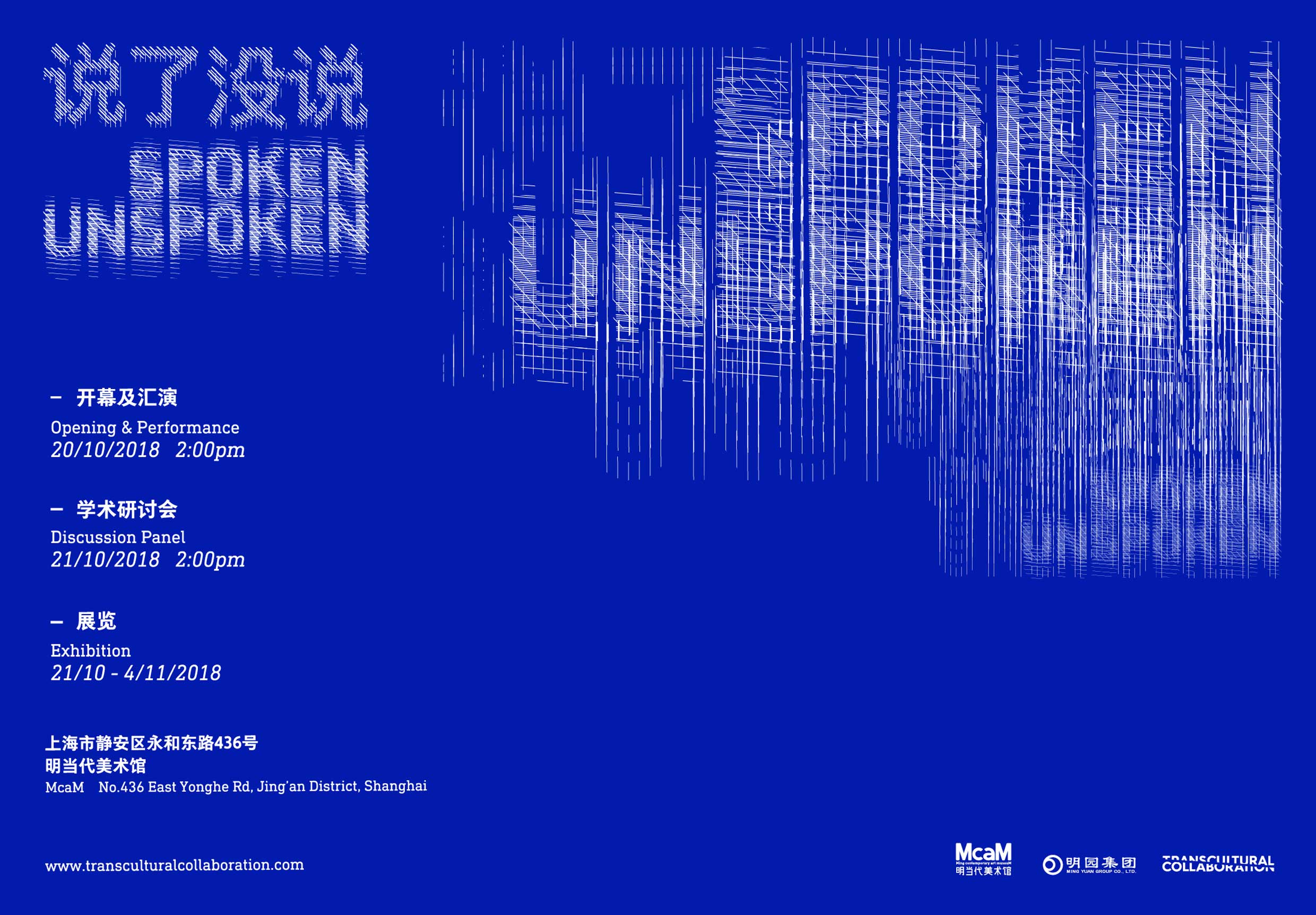
2018 | TC 18
Transcultural Collaboration: "Tanhua": A Tribute to the Global Workforce / "Mass Prey": The Abyss of Desire

2006 | Burnout
a 72-hour, sleepless performance in which I lived within a transparent polycarbonate box under constant public and online surveillance.






